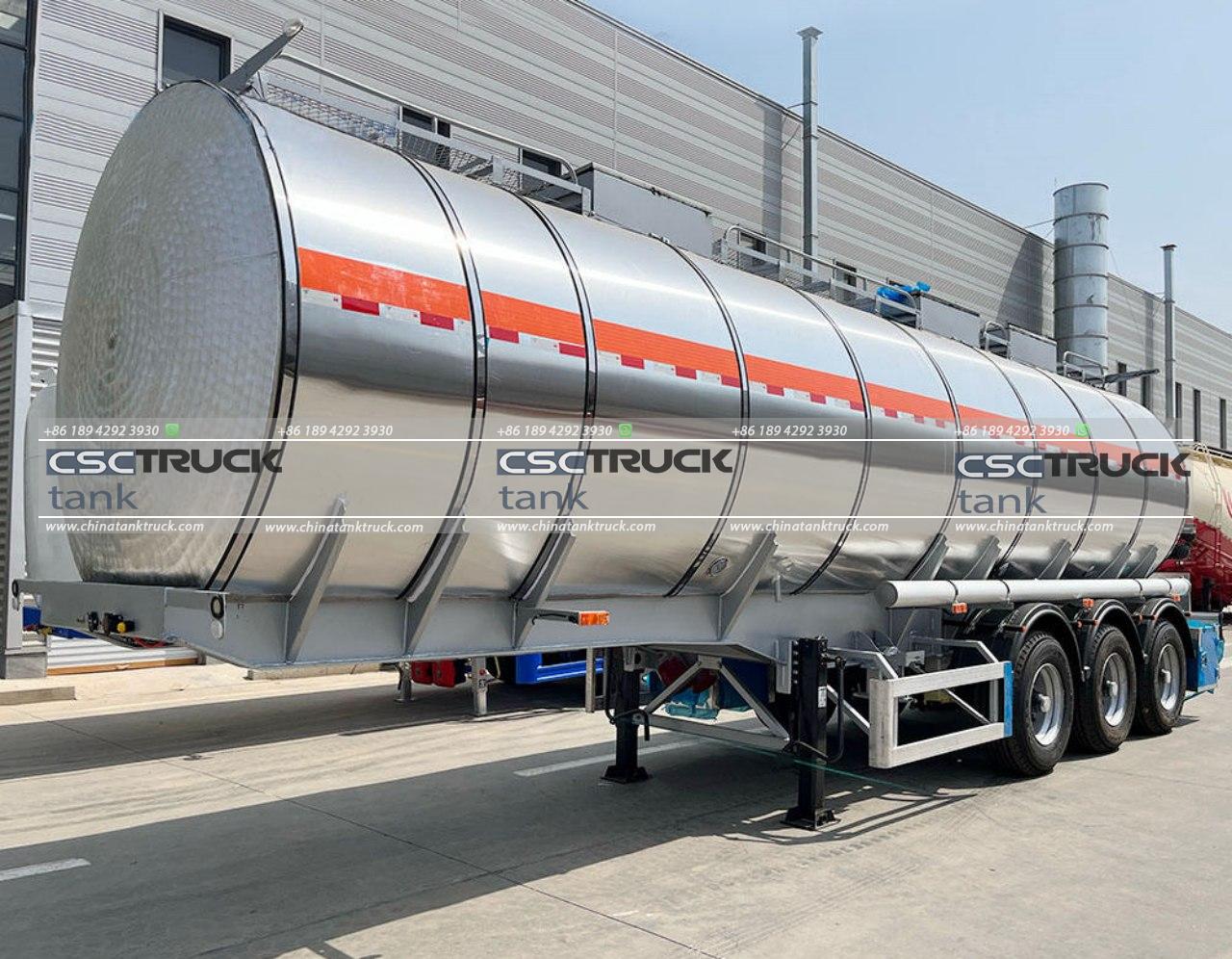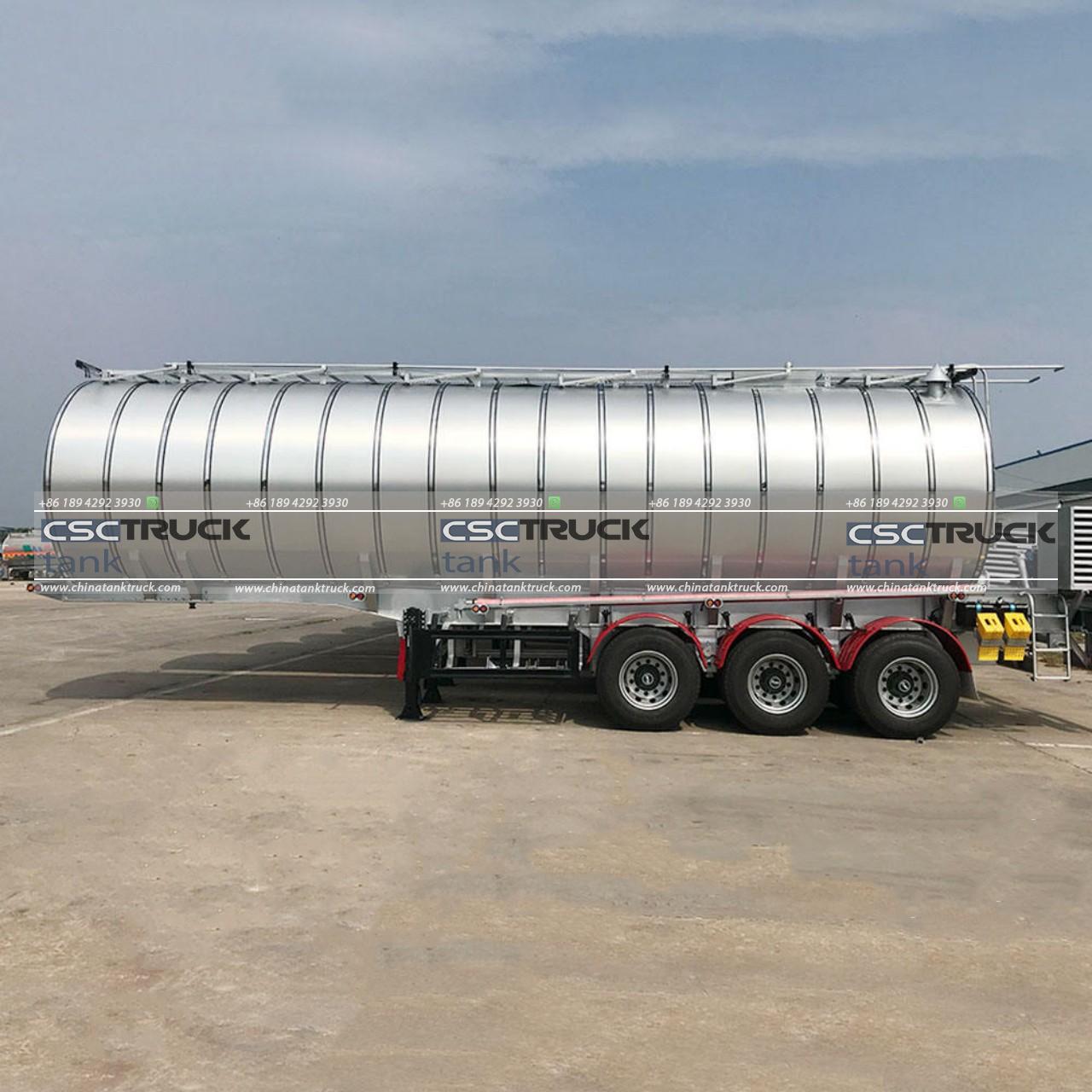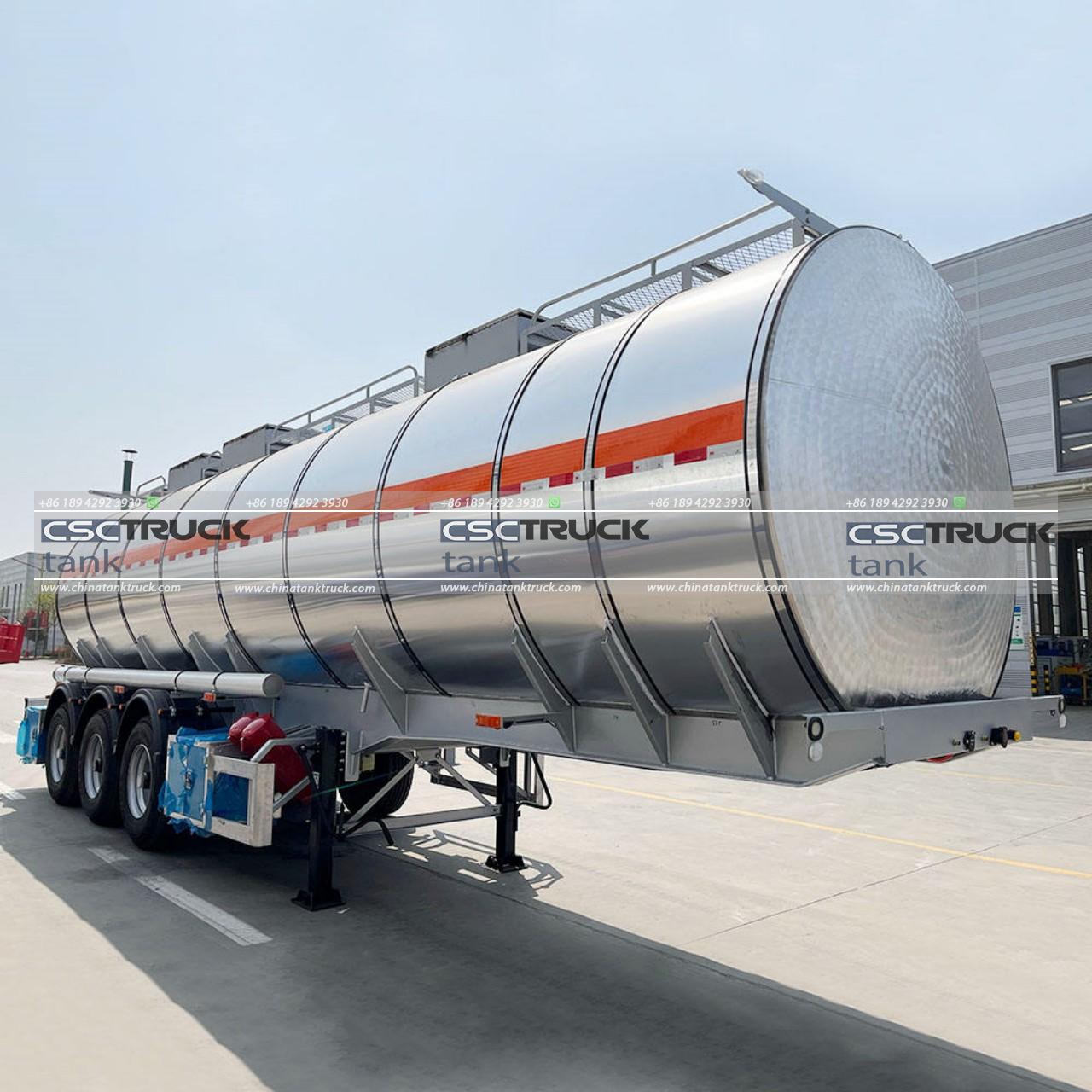What is a Water Tank Trailer?
Water tank trailers are specialized mobile units equipped with large water containers designed for transporting and dispensing water across various terrains. These trailers are indispensable across multiple industries, from agriculture to construction, disaster response, firefighting, and even residential use. Their versatility, mobility, and ability to store significant volumes of water make them ideal for locations where water is needed on demand but not easily accessible. In this article, we’ll take an in-depth look at water tank trailers, including their structure, uses, benefits, and maintenance.
Structure and Design of Water Tank Trailers
Water tank trailers come in various sizes, designs, and materials, tailored to suit the needs of different industries. Their core structure typically includes:
1. Water Tank: The main feature of the trailer, usually made from steel, aluminum, or high-grade polyethylene, varies in capacity, from a few hundred to several thousand gallons. Steel and aluminum tanks are robust and ideal for rough terrains and harsh conditions, whereas polyethylene tanks are lighter and more resistant to corrosion, especially when transporting potable water.
2. Trailer Frame: The frame supports the tank and is designed for stability and durability. Heavy-duty steel frames are standard, as they provide the strength required to carry large water loads while withstanding challenging terrains.
3. Pump System: Many water tank trailers come equipped with a pump to facilitate water dispersal. These pumps may be gas, diesel, or electrically powered and vary in capacity based on the trailer’s intended use. High-capacity pumps are used in applications like firefighting, while smaller ones suit agricultural irrigation.
4. Hose and Valve System: These components are critical for controlling water flow. Hoses connected to the tank allow users to direct water to specific locations. Valves allow precise flow control, and some trailers come with multiple valve configurations to manage pressure and direct water more effectively.
5. Additional Components: Depending on the intended use, water tank trailers might include hose reels, spray nozzles, or spray bars for dispersing water in various ways. For firefighting, they may be equipped with specialized nozzles, while agricultural trailers often have wide spray bars for effective irrigation.

Types of Water Tank Trailers
There are several types of water tank trailers, each tailored to meet specific industry needs:
1. Agricultural Water Tank Trailers: These are typically large-capacity trailers with spray systems designed for irrigation. They’re often used to water fields, dust control on farms, and occasionally apply liquid fertilizers.
2. Construction Water Tank Trailers: On construction sites, water is essential for dust suppression, concrete mixing, and cleaning equipment. Construction water tank trailers are durable, often with heavy-duty spray systems to cover large areas efficiently.
3. Firefighting Water Tank Trailers: These trailers are essential in rural and remote areas with limited access to hydrants. They provide a mobile water source, often with high-pressure pumps and specialized nozzles to tackle fires efficiently.
4. Emergency and Disaster Response Trailers: In areas hit by natural disasters, such as wildfires, hurricanes, or droughts, these trailers provide emergency water supplies. Some trailers are equipped with filtration systems to purify water for drinking.
5. Potable Water Tank Trailers: Designed specifically to transport drinking water, these trailers are usually made from materials that prevent contamination. They’re commonly used in areas where clean water is not available, like construction sites, festivals, and remote communities.
Uses and Applications
Water tank trailers serve numerous purposes across various industries. Some of the primary uses include:
1. Dust Suppression: In construction, mining, and other outdoor work environments, dust is a common problem. Water tank trailers are often used to suppress dust by spraying water across dusty surfaces, improving air quality and reducing health hazards.
2. Agricultural Irrigation: For farms and agricultural businesses, water tank trailers can be a vital tool for irrigation, especially during droughts or when a reliable water source is not available. These trailers allow for even water distribution across crops, contributing to healthier yields.
3. Firefighting and Fire Control: In remote areas without direct access to water sources, water tank trailers are essential for firefighting. These trailers provide a ready supply of water, which is crucial in emergencies where every second counts.
4. Drinking Water Supply: For events, festivals, or remote locations, potable water tank trailers provide safe drinking water. Some trailers are outfitted with filtration systems to ensure the water is clean and safe for consumption.
5. Landscaping and Municipal Use: Municipalities and landscaping companies use water tank trailers to water parks, trees, and other vegetation in urban areas, especially during dry seasons. They’re also used to clean streets and maintain dust-free roads.

Benefits of Water Tank Trailers
Water tank trailers offer several advantages, especially for industries or individuals who need a reliable, mobile water source.
1. Mobility: The primary benefit of a water tank trailer is its mobility. Unlike stationary water tanks, trailers can be moved from one location to another, providing water wherever it’s needed.
2. Cost-Effective: Transporting water in bulk with a trailer can be more cost-effective than installing permanent water lines, especially in temporary setups like construction sites or disaster zones.
3. Versatile Applications: With a wide range of types and designs, water tank trailers are adaptable for different applications, from agricultural irrigation to emergency firefighting.
4. Environmentally Friendly: By controlling dust and helping manage water efficiently, water tank trailers reduce the environmental impact of operations, particularly in sensitive areas.
5. Availability of Large Water Volumes: Water tank trailers provide large volumes of water on demand, which is critical in emergencies, firefighting, and large-scale agricultural applications.
Maintenance and Safety Tips
To ensure a water tank trailer functions optimally and lasts, regular maintenance is essential. Here are some general maintenance and safety practices:
1. Regular Inspection: Regularly inspect the tank, hoses, and pump system for signs of wear or damage. Cracks in the tank or worn-out hoses can lead to leaks or water contamination.
2. Clean the Tank: If the trailer is used for potable water, it’s crucial to clean the tank periodically to prevent bacterial growth. For non-potable uses, cleaning helps prevent clogs in the hoses and valves.
3. Check the Pump: The pump is a critical component of the water tank trailer. Regularly check for leaks, ensure it’s well-lubricated, and service it according to the manufacturer’s recommendations.
4. Secure the Load: Water can be heavy, and an improperly secured trailer can cause accidents. Always secure the trailer to the towing vehicle properly, and ensure that water levels are balanced to prevent shifting during transport.
5. Follow Manufacturer Guidelines: Each water tank trailer comes with specific maintenance and safety guidelines. Following these helps extend the trailer’s lifespan and ensures safe, efficient operation.

Conclusion
Water tank trailers are essential assets across various industries, offering a reliable, mobile solution for water transport and dispersal. Their versatility makes them invaluable, whether for firefighting, irrigation, dust suppression, or emergency water supply. With proper maintenance, these trailers can be highly efficient and durable, providing years of dependable service. Understanding the types, uses, and benefits of water tank trailers can help individuals and businesses make the most of these crucial tools, ensuring that water is accessible whenever and wherever it’s needed.

